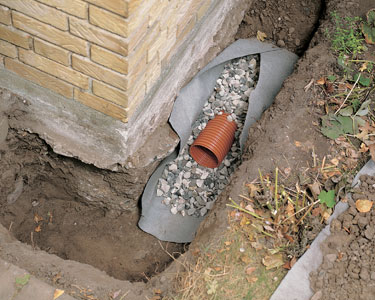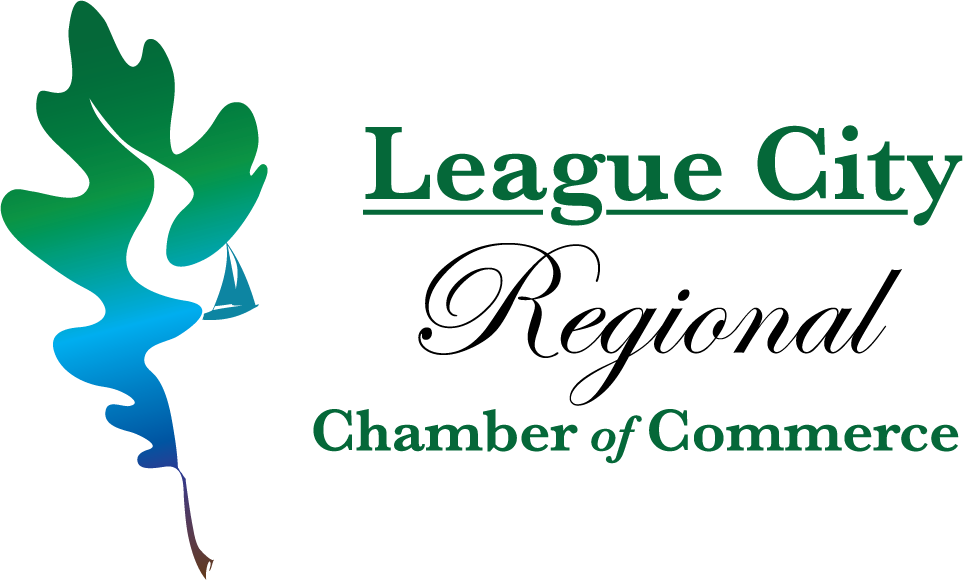
Clogged drains happen to everyone, and they are not fun. If the drain is completely blocked, the bathtub, shower, sink or toilet become full of water. At this point, the offending blockage must be removed through all that built up water and chances are that the homeowner will not be able to clear it using household remedies or drain products. Once you call a professional plumber in, you'll be looking at a hefty expense. The more stubborn the blockage in your drain is, the higher the cost can be. If you have multiple clogged drains in your home at any given time, you will wish you had taken the precaution to preventively have your drains inspected.
How Do Clogged Drains Happen?
Carelessness is the number one cause of clogged drains. Kitchen sink drain clogs can take place when you don't use the drain strainer to catch particles of food and rubbish from falling through the drain into the pipes. A buildup of these particles can easily clog the drain. To make matters worse, cooking grease and/or oil can build up in the pipes (or on a developing clog). In the toilet, the flushing of excessive toilet paper is the main culprit. Flushing items not intended for the toilet is also a main cause of clogged toilet drains. Items such as baby wipes, paper towels, and sanitary napkins can singularly or over time cause a stoppage. Bathroom sinks, showers and bathtubs can become clogged when hair gets caught in the pipes and builds up. Items such as shampoos, soaps, toothpaste, hair gel, exacerbate the problem as they produce a build up that further adds to the blockage.
Unfortunately, clogs can occur as a result of problems that have nothing to do with what you put into your drains. Scale, tree roots, deterioration of pipes that are rusted and crushed drain lines have also been known to cause plumbing problems.
Drain Clog Remedies
You can attempt to clear clogged drains yourself by using acids or other chemical products designed for this purpose. These chemicals, however, can actually be harmful to your pipes, your fixtures, your health and the environment. Luckily, there are also natural methods of clearing drain blockages. One such method involves running boiling water through the drains on a regular basis. Another method employs baking soda and vinegar. Simply pour vinegar into the clogged drain, and then sprinkle it liberally with baking soda. Let the mixture sit in the drain for at least 15 minutes, then pour boiling water over it to rinse and hopefully wash the blockage away.
Inspect and Prevent Instead
The plumbing system in your home is just like any automobile, machine, or tool. It is a system that requires routine examination and maintenance. You can be vigilant about what's going on with your drains and pipes and perform part of the inspection yourself, as you are most familiar with how the drains behave. In order to truly avoid the hassle and expense of seriously clogged drains you must have all of your household drains inspected on a regular basis by a qualified plumber. As a preventative measure, you should also have a plumbing technician snake all of your drain lines once a year or so. If you experience drain clogs very often or your pipes are susceptible to blockages, you may wish to have your drain lines snaked more often. The major drain connections should periodically be subjected to your Municipalities video inspections.
It is very important to have your drains inspected by a Plumbig Company on a regular basis to prevent problems that can be not only expensive, but also very annoying! So, "DON'T THROW YOUR MONEY DOWN THE DRAIN. GIVE US A CALL" or schedule online now at 281-333-0733 or 281-480-0733.... You'll be glad you did!










